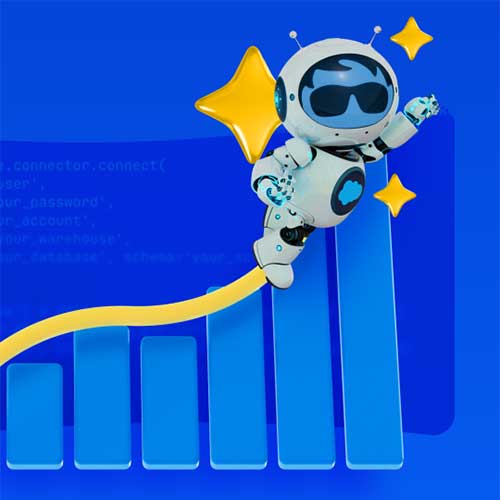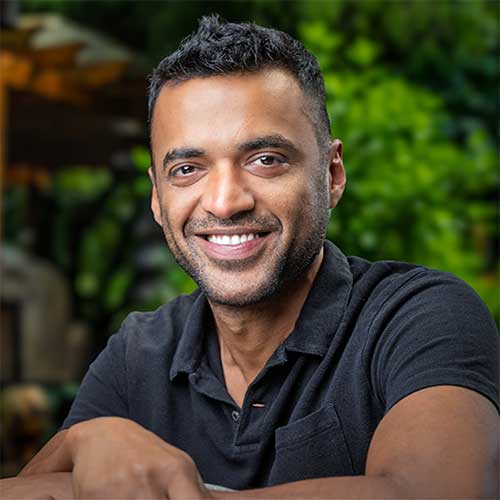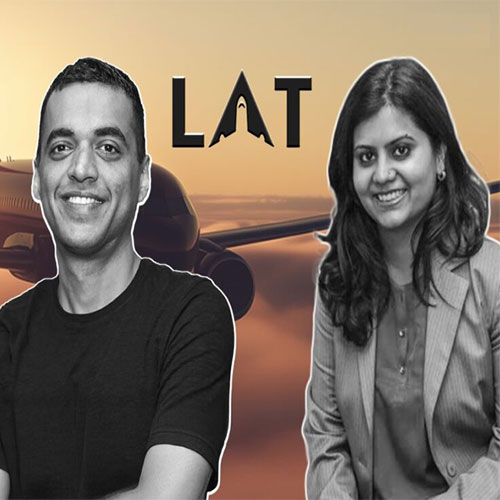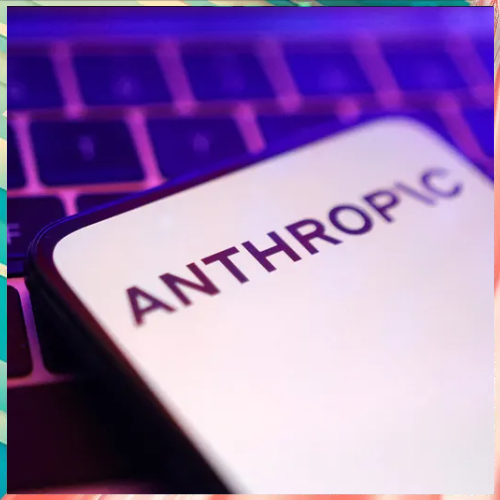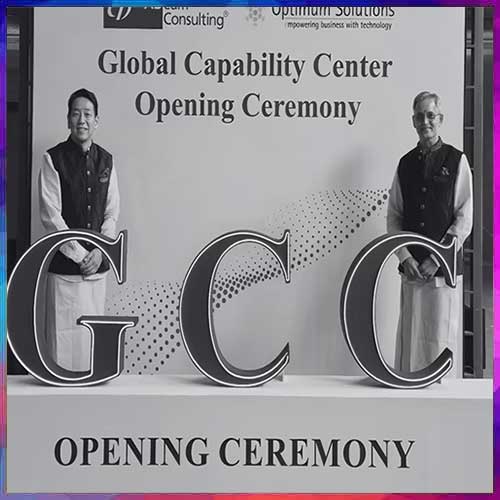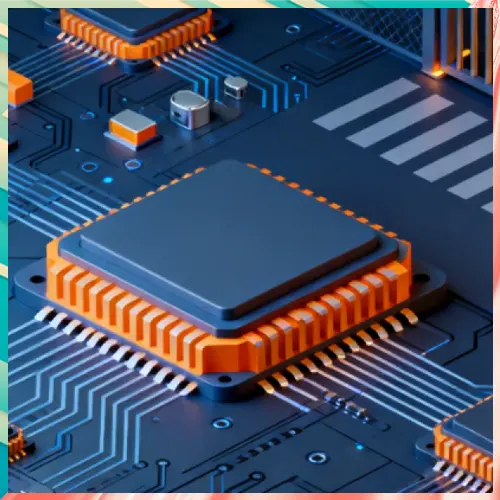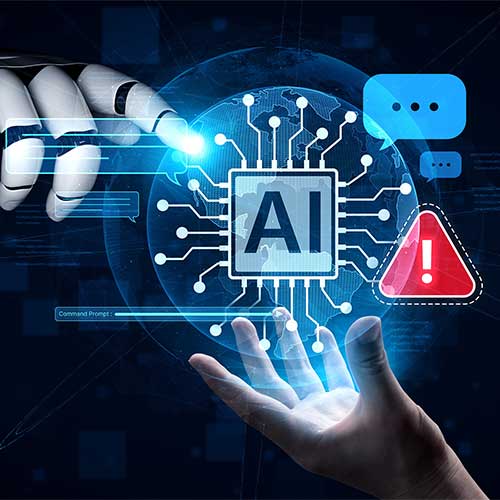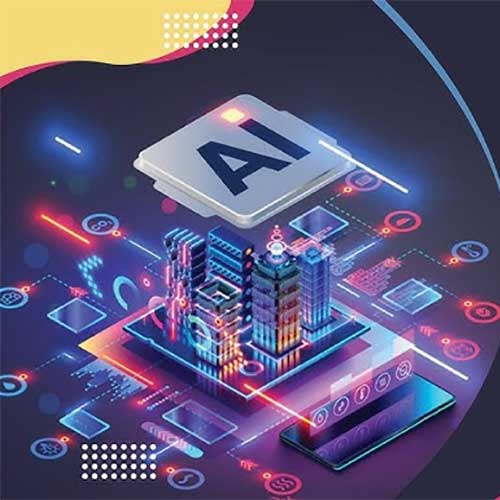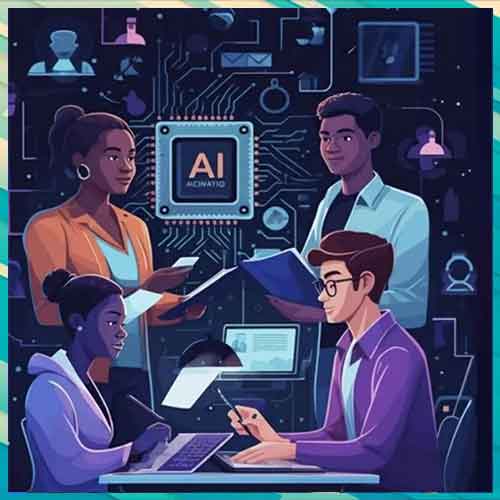
Driven by rising AI adoption across healthcare, manufacturing, finance, and transportation, India faces an urgent need for a future-ready workforce, prompting educational institutions to redesign curricula in line with rapidly evolving industry demands
With artificial intelligence (AI) rapidly transforming industries, India is facing an urgent demand for skilled professionals in the field. According to industry estimates, the country will require over one million AI-trained workers by 2026. This surge is being fuelled by the growing adoption of AI technologies across sectors including healthcare, manufacturing, finance, and transportation, highlighting the need for a future-ready workforce capable of supporting innovation and economic growth.
To bridge the talent gap, educational institutions are reengineering their curricula to align with evolving industry demands. The SRM Institute of Science and Technology is among the frontrunners, offering interdisciplinary programs that combine engineering with AI and other emerging domains. “The rising demand for AI talent stems from the sector’s transformative impact. At SRM, we’ve introduced programs in AI-ML Embedded Systems, Medical Engineering, ECE with Data Science, and Food Biotechnology to prepare students for the future,” said Dr Kathiravan Kannan, Director of the SRM Group of Institutions. He added that strong industry-academia collaborations are vital to ensuring real-world learning and global employability.
Education reforms to meet AI demand
This demand for AI skills is also driving changes in technical education policy. For the academic year 2024–25, India has expanded its intake capacity in engineering courses, with approved B.Tech seats rising to 14.9 lakh — a 16% increase over the last four years. The emphasis is notably on computer science and AI-related fields, reflecting the urgent need for coding proficiency, systems thinking, and innovation leadership.
India’s educational model is also evolving from traditional STEM (Science, Technology, Engineering, Mathematics) to STEAM, which integrates the arts to enhance skills like creativity, communication, and design thinking. This shift aims to foster more holistic and adaptive graduates ready to thrive in a dynamic digital economy.
AI growth key to economic vision
The India Skills Report 2024 underscores this trend, predicting the AI sector will reach $28.8 billion by 2025, with a compound annual growth rate of 45%. Between 2016 and 2023, India’s AI-skilled workforce expanded 14-fold, positioning the country as one of the top five global hubs for AI talent.
As India sets its sights on becoming a $23–35 trillion economy by 2047, the focus on AI, digital innovation, and education reform will play a central role. Building a skilled and adaptable workforce is now seen as a national priority essential to driving inclusive and sustained economic development.
See What’s Next in Tech With the Fast Forward Newsletter
Tweets From @varindiamag
Nothing to see here - yet
When they Tweet, their Tweets will show up here.









